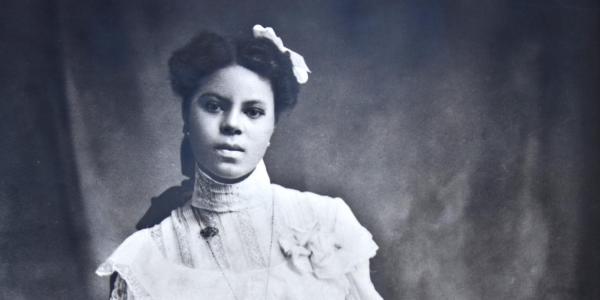 About the author: Reiland Rabaka is professor of African, African American, and Caribbean studies in the Department of Ethnic Studies at the University of Colorado Boulder and the author of The Hip Hop Movement: From R&B and the Civil Rights Movement to Rap and the Hip Hop Generation and Hip Hop’s Amnesia: From Blues and the Black Women’s Club Movement to Rap and the Hip Hop Movement.
About the author: Reiland Rabaka is professor of African, African American, and Caribbean studies in the Department of Ethnic Studies at the University of Colorado Boulder and the author of The Hip Hop Movement: From R&B and the Civil Rights Movement to Rap and the Hip Hop Generation and Hip Hop’s Amnesia: From Blues and the Black Women’s Club Movement to Rap and the Hip Hop Movement.
Book Description: While there have been a number of studies that have explored African American “movement culture” and African American “movement politics,” rarely has the mixture of black music and black politics or, rather, black music an as expression of black movement politics, been explored across several genres of African American “movement music,” and certainly not with a central focus on the major soundtracks of the Civil Rights Movement: gospel, freedom songs, rhythm & blues, and rock & roll. Here the mixture of music and politics emerging out of the Civil Rights Movement is critically examined as an incredibly important site and source of spiritual rejuvenation, social organization, political education, and cultural transformation, not simply for the non-violent civil rights soldiers of the 1950s and 1960s, but for organic intellectual-artist-activists deeply committed to continuing the core ideals and ethos of the Civil Rights Movement in the twenty-first century. Civil Rights Music: The Soundtracks of the Civil Rights Movement is primarily preoccupied with that liminal, in-between, and often inexplicable place where black popular music and black popular movements meet and merge.
Publication date: May 3, 2016
Publisher Lexington Books
Amazon.com: Read more on Amazon.com
Excerpt:
How Berry Gordy Revolutionized Rhythm & Blues
The Motown Sound reflected African American life, culture, and struggle through the Civil Rights Movement
From 1954 through to the emergence of soul as the major black popular music in the mid-1960s, rhythm & blues not only registered the hardships and frustrations of urban African American life and its core views and values, but it also expressed African America’s most cherished post-war achievements and ongoing aspirations. Black popular culture, as with the more mainstream aspects of U.S. popular culture that African Americans embrace, serves a socio-political function when and where it offers an arena where African Americans can create and critique alternative views and values, as well as an arena where they can explore and express traditional African American views and values. Read more >>



